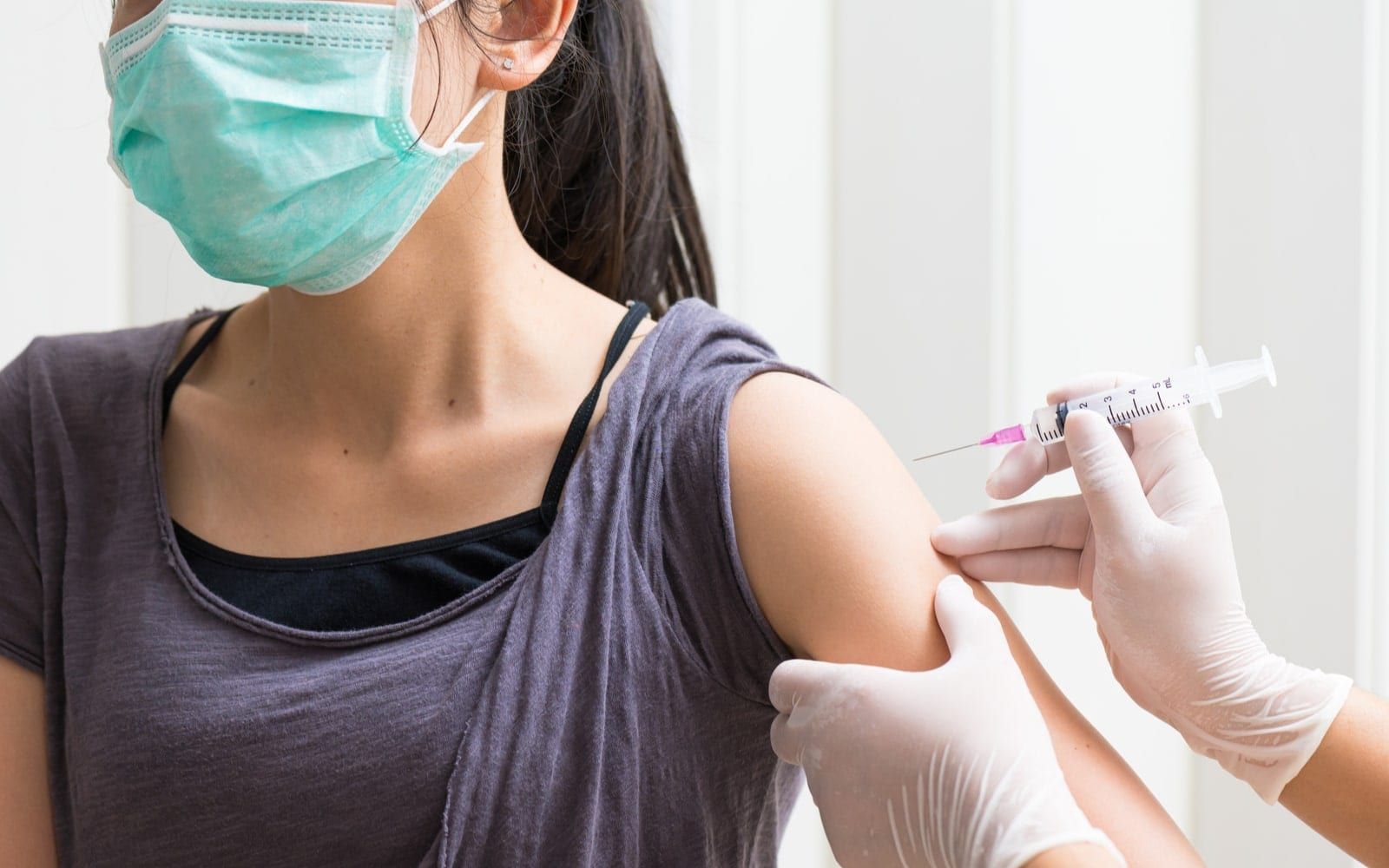Sexual activity is an important and normal part of many lives, but it does come with its own assortment of risks. While we’re all educated about the more common risks, including pregnancy and STIs, there’s one STI (Sexually Transmitted Infection) that affects nearly 80% of all Americans. This STI, known as HPV or the human papillomavirus, has mild symptoms that largely go unnoticed and thus is easily transmitted. In many cases, the infection will resolve on its own within two years of infection, but in some cases, it can stay indefinitely, leading to serious health concerns. Thankfully, the next generation of children will have the protection of the HPV vaccine.
The Long Term Risks of HPV and How A Vaccine Can Save Lives
Given how mild the general symptoms of HPV are and its tendency to resolve on its own, you may be wondering why the vaccine is so important. There are over 40 strains of HPV that are presently known to medical science, and of these, there are nine that have serious consequences for your health. These nine strains have been connected to genital warts and a variety of cancers. The cancers most commonly associated with HPV include:
- Cervical Cancer
- Anal Cancer
- Penile Cancer
- Vaginal Cancer
- Vulvar Cancer
- Throat Cancer
- Oral Cancer
The majority of all cases of cervical cancer are caused by the presence of HPV. Oral cancer that appears in young men can be connected directly to HPV 72% of the time. Getting your children vaccinated can help eliminate the risks of contracting these cancers, provided they receive it before becoming sexually active.
Who Should Get Vaccinated, And When Should They Get It?
When your child should get vaccinated is dependent on certain medical facts about your family. In families that have a history of cervical cancer, the vaccine should be received by age 9, while those without a history of this condition can wait until 11 to receive it. Every child should get vaccinated against HPV as no one is immune to the risks of cancer it presents. Young male-bodied patients, in particular, are at risk of contracting oral, throat, and penile cancers, all of which have been on the rise in this demographic.
Further, anyone who is intending to be sexually active should be vaccinated to ensure they do not aid in the spread of HPV. Every additional person who is vaccinated against HPV is one more person who won’t be able to contract and spread it to others. When you take the benefits provided by receiving the vaccine, and the mild nature of the potential side effects, there’s no reason not to get your child vaccinated.
Those looking for more information about the HPV Vaccine and whether they or their children should receive it should reach out to the women’s healthcare specialist. These specialists will be able to provide ample information about the condition, including when your children should receive it. Call today to protect your family from the human papillomavirus and the long-term risks that come along with it. With your help, our children’s future could be free of the consequences of having HPV.


